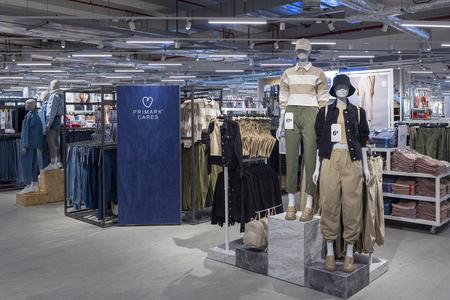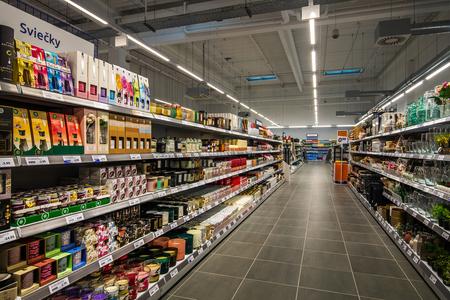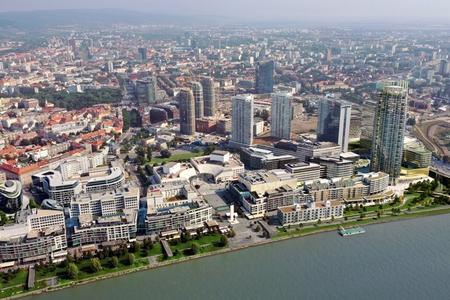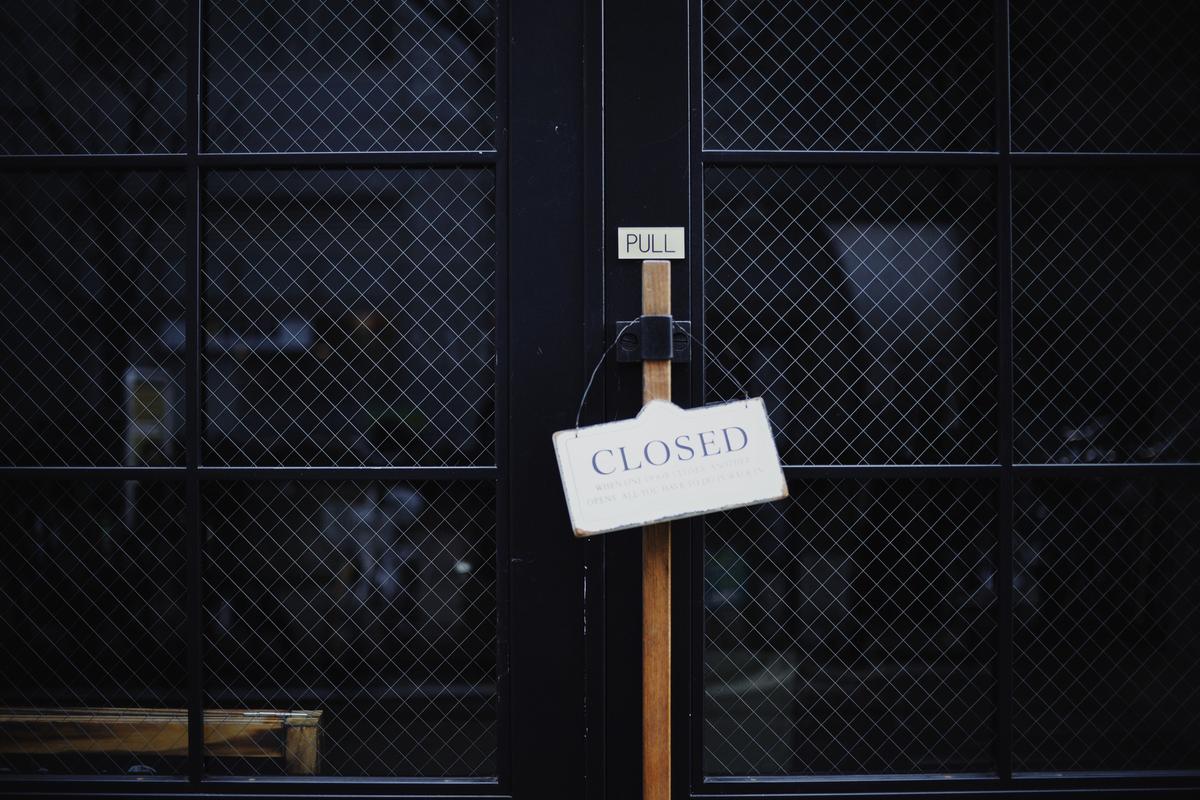While the expanding Eurovea will soon bring major international brand Primark to Slovakia for the first time, once common names are disappearing from other Slovak shopping centres.
Since the beginning of the year, stores operating under the Tommy Hilfiger brand have closed in the Aupark and Vivo shopping centres in Bratislava, as well as the Mlyny shopping centre in Nitra.
Denim group, which represents the brand, says optimisation is behind the closures. After failing to reach an agreement on new rental contracts after an increase in rents, utility and energy fees, the group closed their outlets at the centres.
“We are currently optimising operations, improving processes and speeding up delivery through our online shops,” said Ondrej Konečný, owner of the Denim Group, as cited by Index magazine. He added that the group’s main aim is to increase availability at a time of fundamental change in customer purchasing habits.

Impact of pandemic
While the Denim Group is responsible for wholesale operations, the Denim Retail company covers the group’s retail trade. As well as Tommy Hilfiger, the group also represents the Diesel, Levi’s and CK Underwear brands in Slovakia and the Czech Republic. It has also brought the Cube concept to Slovakia, which represents the Marc Jacobs, Tory Burch, Furla, Michael Kors and Vivienne Westwood accessories brands.
Denim Retail is a significant player on the market in terms of sales.

Between 2016 and 2019, its revenues grew continuously and in 2019 stood at over €6.6 million. But in 2020, sales fell to €4.8 million, according to the magazine.
The company turned to the European Court of Human Rights in 2021, demanding compensation for the closure of its stores during the Covid-19 pandemic. It calculated damages at €2 million, the Denník N daily reported.
Konečný pointed out that while Slovakia compensated the company for 20 percent of costs during the pandemic and closed shops, in other countries compensation was as much as 80 percent.

“The Slovak government has an ambition of solely compensating employees who are voters, but not enough to help the entrepreneurs who are their employers,” said Konečný. “We continue to keep the company running only from our own reserves and new loans.”
In April he told the Nový Čas daily that the European Court of Human Rights accepted their complaint. In practice, this means that it has been judged relevant by the court.
“We believe that it will be proven in further proceedings that our rights have been violated and that the Slovak Republic will be obliged to compensate us for the damages we have suffered,” said Konečný.
Tally Weijl and Eiffel Optic also hurt
The pandemic also had a negative impact on other brands. Tally Weijl Retail Slovakia, which has been operating in Slovakia since 2008, entered bankruptcy proceedings earlier this year, the Hospodárske Noviny daily reported. The pandemic pushed it deep into the red with losses reaching almost €650,000 in 2020 as the company’s sales decreased from €4 million to €2.4 million over the year.
The Great United Trading Slovakia company representing fashion brands TimeOut, KVL (former Kenvelo) and Lee Cooper, in Slovakia, failed to generate a profit despite recording millions in sales. It has filed for bankruptcy.
Well-known brands such as Orsay, Dedoles and Eiffel Optic found themselves in similar circumstances.
Retail trade fared well in 2022
In general, retail trade in Slovakia did well last year. The total turnover of tenants in shopping centres increased compared also to 2019 - the so-far best year in terms of both turnover and footfall. Some segments fared better than others. Large fashion tenants and discounters, i.e. stores with an area of more than 500 square metres, had a great year. Their turnover in brick-and-mortar stores often exceeded the historic year of 2019 by double-digit percentages, the Trend weekly wrote.
“Among smaller tenants, expensive premium fashion and, for the first time in a long time, men’s formal fashion, did well,” CBRE senior research analyst Peter Slovák told the weekly.
“Smaller and mid-sized tenants with fashion in the mid-price range, most shoe retailers, small shops dependent on impulse purchases, and leisure concepts such as cinemas, children’s play areas and the like, remained below 2019’s figures,” he added.



 (source: Unsplash)
(source: Unsplash)